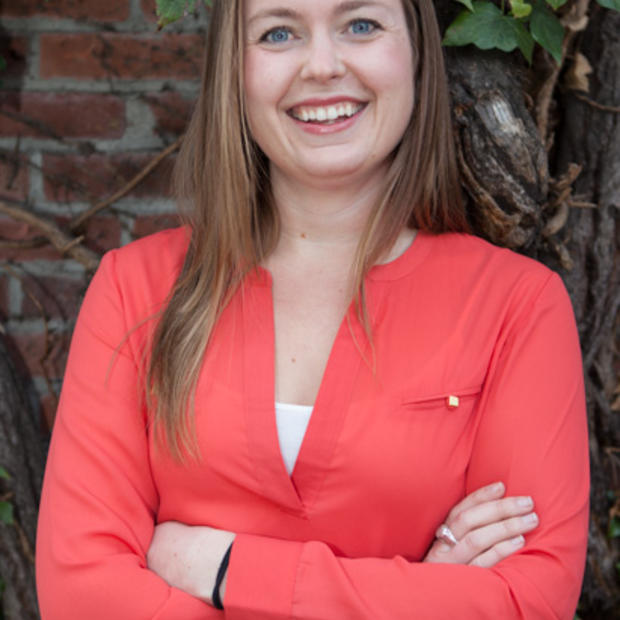I'm equally excited and saddened to announce today that I have decided to leave my role as Crosscut's managing editor. Over the next month or so, I'll be winding down my time here and working with Crosscut to find a replacement tech editor. I have no doubt that they will quickly find an outstanding candidate to fill that position. (You can learn more about it here.)
I consider myself very lucky to have spent the last four years working with Crosscut's talented team of writers and editors, both past and present, as well as our dedicated board of directors. Their views fall across the spectrum (as they should), but their dedication is inspiring and their motives are clear: To help create and maintain the kind of Northwest they'd like to be a part of.
If the future of our region were decided by their collective wisdom about what this place has been and their vision of what it might become, we would be very lucky indeed.
Which brings me to a slight confession: Much of my time here, across the many hundreds of stories and two web redesigns I've worked on, has been a protracted experiment in civics and journalism. Like many of you, I believe that a well-informed public is the key to solving the great civic challenges of our time. As a digital native, I have been excited to see how Crosscut's online presence and growing social media networks can help facilitate stronger in-person organizing.
That's why I worked with our team to found Crosscut's Community Idea Lab last spring, a new kind of journalism that coalesces communities around seemingly intractable local problems. It is also the motivation behind The Scenario, a role-playing game I created with the World Affairs Council, the Impact HUB and the Seattle Globalist to increase awareness of global issues and help attendees think through and connect around future Northwest scenarios.
I have been lucky to have been mentored and supported in these pursuits by a series of visionary leaders, including founder David Brewster, our former publisher Greg Shaw, and our current editor-in-chief Mary Bruno.
But I also believe that much of journalism has been remiss in its transition to digital.
As a whole, we have dragged our feet rather than adapting quickly enough to this new connected world. The pressure to make online content free has squeezed parts of our industry nearly to breaking. By extension, you, our readers, have been hurt as well. The news now is less thorough, less perceptive than it once was, scrapped together with less time and fewer dollars.
Thanks to your support, non-profit news organizations like Crosscut and KUOW and KPLU have escaped much of that, but not all.
The upside of this is that, in a field that has long left the "business side" for someone else to deal with, Crosscut has grown savvier and smarter — more willing to innovate and less risk averse. Growing our dedicated community of members, building a calendar of events, developing relevant partnerships and sponsorships — I have been proud to help Crosscut develop these new revenue streams.
But let's get to the point — the why of the leaving ritual.
Over the last few months, I've been spending my nights and weekends working with a talented young team on a media venture that will look at the social, economic and strategic implications of how technology is changing our world. I leave now to give it my full attention. I'll let you know more about it in the coming months.
Until then, a huge thanks to all of our readers for your continued support, earnest feedback and willingness to read longer stories. As I recently told a Crosscut editorial intern who asked why our stories are longer than other local news organizations, "We believe that our readers are smart; that they want to understand not just the day's news, but what it means for the region as whole. And we intend to keep giving that to them."
I'm counting on all of you to keep demanding it.


